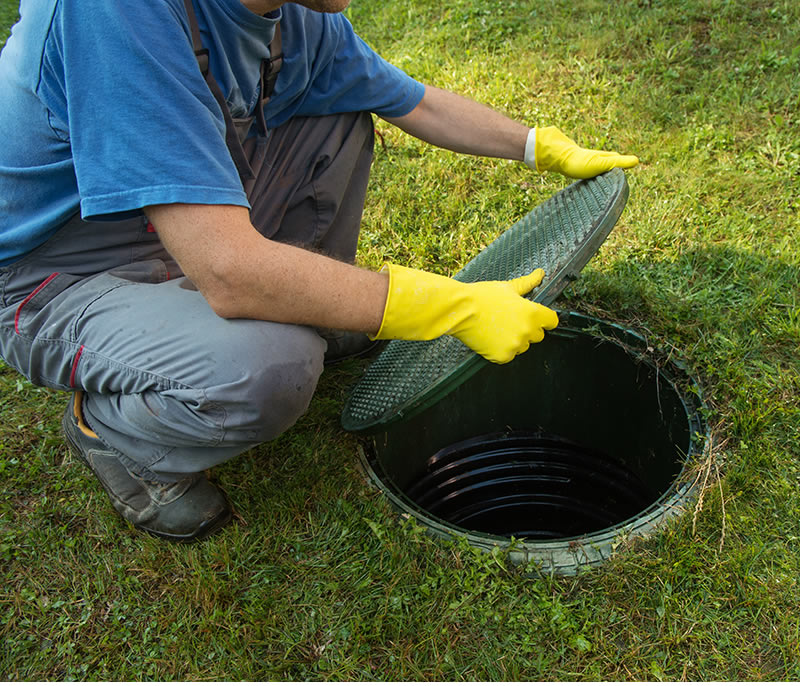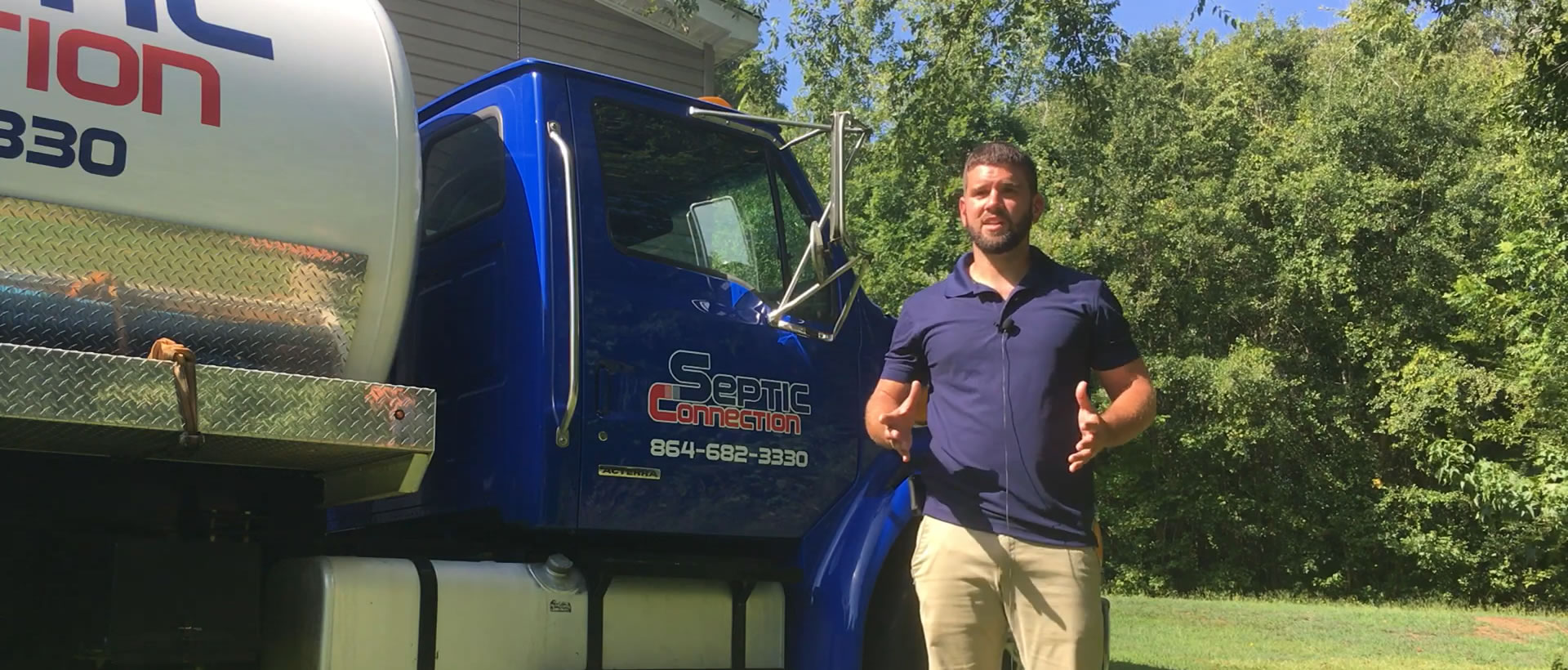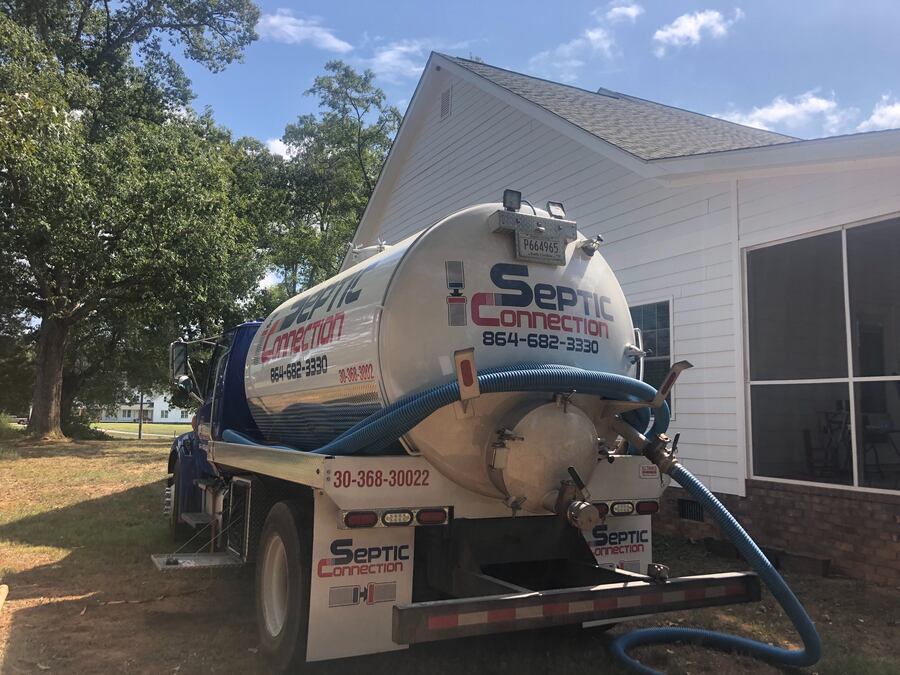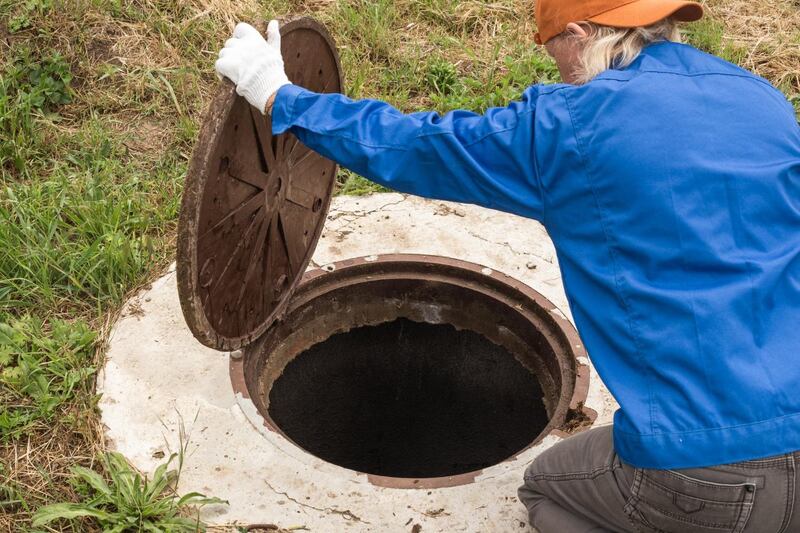
Dangers of an Abandoned Septic Tank on Your Property
Abandoned septic tanks might seem harmless but pose serious risks if left unattended. Whether you’ve recently bought a home with an outdated system or scheduled a septic tank installation to replace an old unit, you may have an abandoned wastewater treatment system for many reasons. Whatever the case, ignoring an abandoned septic system isn’t an option. As the leading septic company, septic connections can handle these tanks before they cause significant health and safety hazards. Let’s explore the dangers of abandoned septic tanks and why it’s crucial to address them quickly.
Risk of Collapse and Sinkholes
The main risk of an abandoned wastewater treatment unit is sudden collapse. Despite regular septic tank repair and maintenance, the system can experience structural deterioration with time because of corrosion, ground pressure, or root invasion. If the tank cover or walls give way, it can cause the ground above to collapse, creating a sinkhole. Such an event severely threatens anyone walking or driving over the area. Routine inspections and maintenance by a trusted septic company can detect signs of potential collapses. This prevents severe injuries or fatalities, especially for unsuspecting children or pets who might unknowingly step on these weak spots.
Contamination of Soil and Water Sources
An abandoned wastewater treatment unit can become a source of environmental pollution. If you ignore routine septic tank cleaning before decommissioning it correctly, it can leak untreated wastewater into the surrounding soil. This contamination can spread to nearby water sources, such as wells, rivers, and groundwater. It is advisable to schedule regular septic tank pumping and maintenance before the end of the unit’s lifespan, preventing harmful pathogens, such as E. coli, from posing health risks when not in use. In addition, contaminated soil can also affect plant growth and the quality of crops grown in the area, making it unsafe for gardening or agriculture.
Health Hazards from Toxic Gases
Even after a successful septic tank installation and routine care, these systems can produce dangerous gases like methane, hydrogen sulfide, and ammonia when abandoned. These gases are not only foul-smelling but also highly toxic. Methane is a colorless and odorless gas that can be explosive in high concentrations. On the other hand, hydrogen sulfide is recognizable by its rotten egg smell and is deadly even at low concentrations. If these gases escape from an abandoned unit on your premises, it might be time to consider a professional septic tank repair to avoid respiratory issues, nausea, or worse.
Attracting Unwanted Pests and Insects
An abandoned septic system can become a breeding ground for various pests, including mosquitoes, rodents, and insects. Stagnant water and organic matter in the tank provide an ideal environment for these unwanted guests. Rodents and insects attracted to the abandoned tank can also make their way into homes, causing further sanitation issues and potential health problems for the residents. Before upgrading your wastewater treatment system, consider a professional septic tank cleaning to remove waste that can attract unwanted critters to your premises.
Legal and Financial Liabilities
Neglecting an abandoned septic tank on your property could also cause legal repercussions. Many local governments have regulations requiring property owners to either conduct maintenance like septic tank pumping or properly decommission these systems. Failure to comply could result in fines or legal action. In addition, if an accident occurs because of neglecting a tank, you could be held liable for damages, injuries, or environmental cleanup costs. Addressing the issue proactively is less expensive than dealing with these potential liabilities.
Abandoned septic tanks are more than just an eyesore; they are a significant risk to health, safety, and the environment. Contact us at Septic Connection and schedule a consultation to properly decommission or maintain an old wastewater treatment system to ensure the safety of everyone on your property. We provide comprehensive services, including septic tank installation, maintenance, and decommissioning, protecting your family's and community's well-being.
 How it works
How it works




